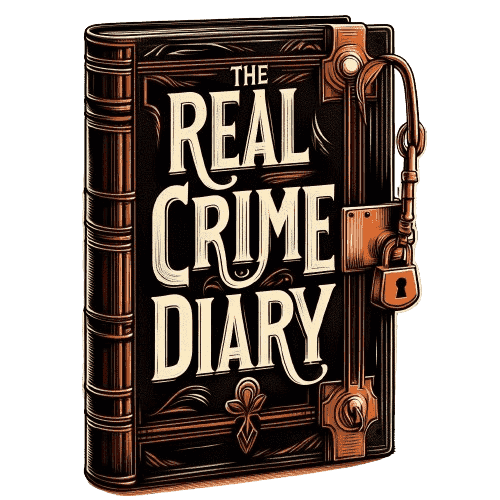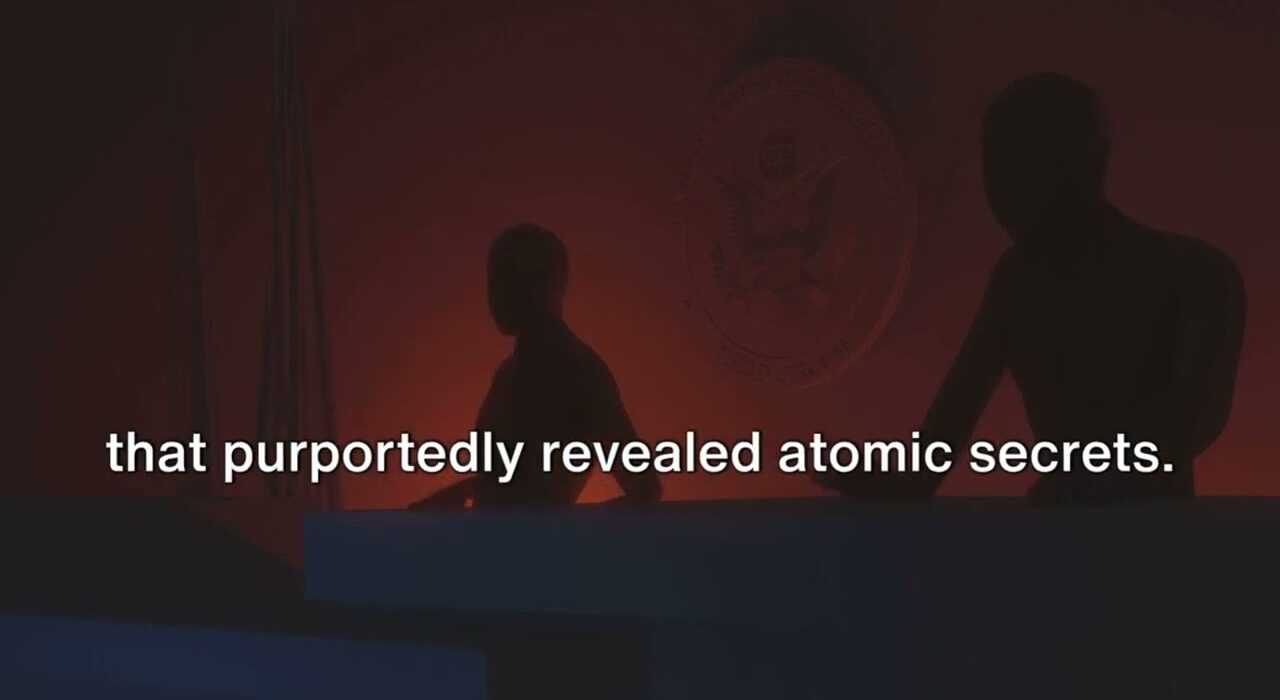On this day in 1953, Julius and Ethel Rosenberg were executed for espionage, becoming the first American civilians to be executed for such charges. Their case remains one of the most controversial and polarizing events of the Cold War era.
### Background and Charges
The Rosenbergs were American citizens who were accused of passing atomic secrets to the Soviet Union. Julius Rosenberg, an electrical engineer, and his wife Ethel were arrested in 1950 as part of a larger investigation into Soviet espionage in the United States. The key evidence against them came from Ethel’s brother, David Greenglass, who worked on the Manhattan Project, the U.S. initiative to develop atomic weapons during World War II. Greenglass testified that he had provided Julius with information about the project, which Julius then passed to Soviet agents.
The Rosenbergs were charged with conspiracy to commit espionage. The prosecution argued that their actions had accelerated the Soviet Union’s development of nuclear weapons, significantly contributing to the arms race that characterized the Cold War.
### Trial and Conviction
The trial of the Rosenbergs began on March 6, 1951. It was a highly publicized affair, taking place against the backdrop of the early Cold War and the Red Scare, a period of intense fear and suspicion of communist influence in the United States. The prosecution presented a strong case, relying heavily on the testimony of Greenglass and other witnesses, as well as physical evidence such as the so-called “Greenglass sketches” of atomic bomb components.
The defense argued that the case was based on circumstantial evidence and questionable testimonies. They also contended that the charges were inflated and motivated by political hysteria. Despite these arguments, the Rosenbergs were found guilty on March 29, 1951, and were sentenced to death on April 5, 1951.
### Appeals and Public Campaigns
The Rosenbergs’ case attracted international attention and sparked a significant public outcry. Many people believed that the evidence against them was insufficient and that their trial had been unfair. Appeals were filed, but the U.S. Supreme Court repeatedly declined to review the case. Numerous high-profile individuals and organizations, including Nobel Prize-winning scientists and prominent political figures, called for clemency, arguing that the death penalty was too severe a punishment.
Despite these efforts, the U.S. government remained resolute. President Dwight D. Eisenhower refused to grant clemency, stating that the Rosenbergs’ actions had “altered the course of history to the disadvantage of our country.”
### Execution
On June 19, 1953, Julius and Ethel Rosenberg were executed in the electric chair at Sing Sing Prison in Ossining, New York. Their execution marked the first time American civilians had been executed for espionage, and it sent shockwaves through both the United States and the international community.
### Legacy and Controversy
The Rosenbergs’ case continues to be a subject of debate and analysis. Declassified Soviet documents and subsequent historical research have provided some clarity, indicating that Julius Rosenberg was indeed involved in espionage for the Soviet Union. However, the extent of Ethel’s involvement remains less clear, and many historians believe that her role was significantly overstated in order to pressure Julius into confessing.
The case is often cited as an example of the dangers of political hysteria and the potential for miscarriages of justice in times of national crisis. It also highlights the intense fear and suspicion that characterized the early years of the Cold War.
The execution of Julius and Ethel Rosenberg on June 19, 1953, remains a powerful and controversial moment in American history, symbolizing the complexities and tensions of the Cold War era.
Today in History. June 19, 1953. The Rosenberg Espionage Case: A Cold War Controversy.
All the contents of this website are collected from the Internet. Please forgive me if there are any inaccuracies. if you find any content infringe copyright, please contact for removal.
#social history #history channel on youtube #us history #short history of #most important events in history #history story #history is now #ancient history #history knowledge #understanding history #relaxing history #government history
source




